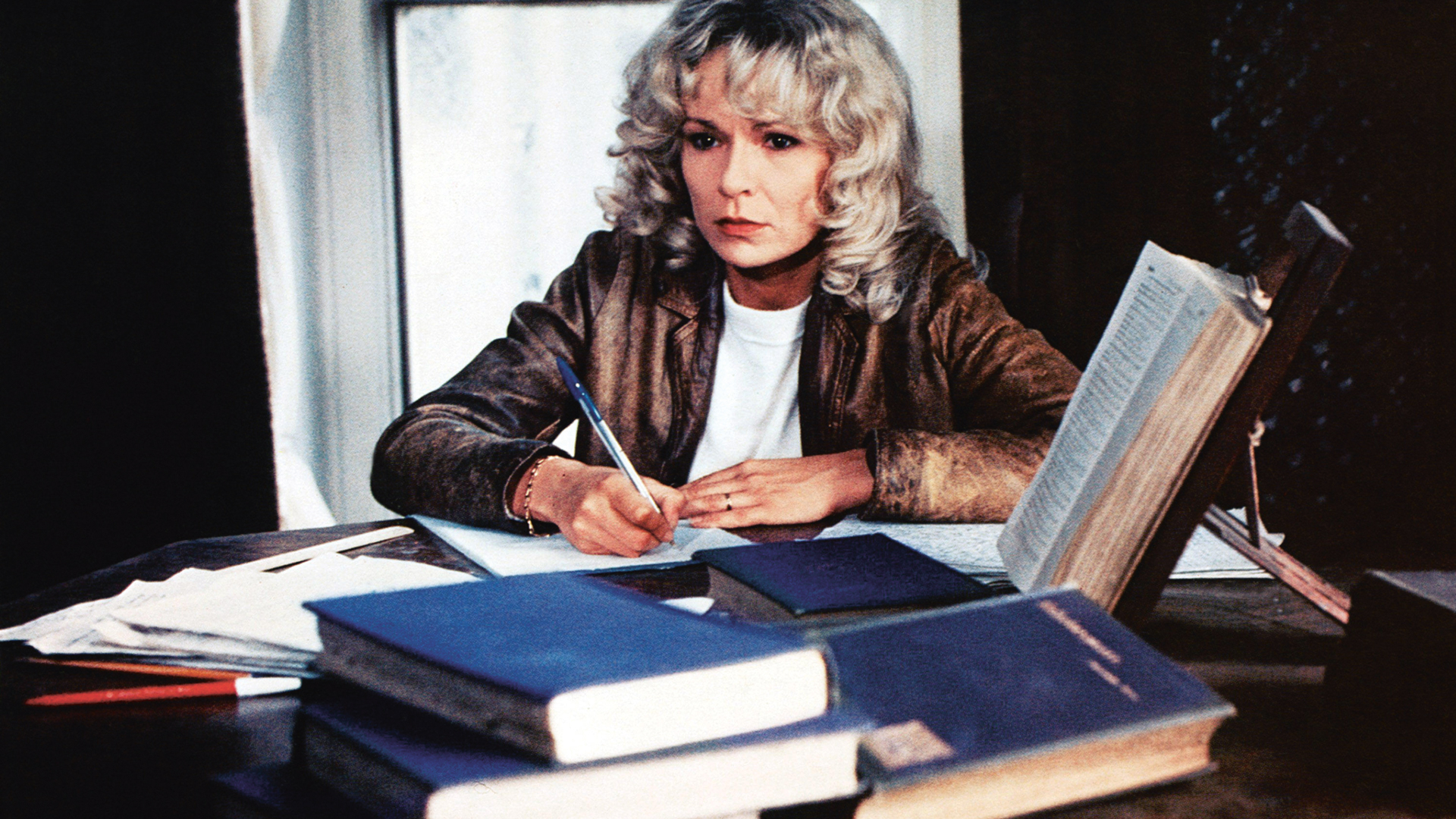The problem with privilege is that it is often invisible to those experiencing it. When you point it out, we are often affronted. I write “we” because it is only in recent years that I have realised just what a brilliant deal I get as a white, middle-class, straight male. I need excess baggage allowance when I check in my privilege. I don’t need to feel ashamed, but I should make sure I am aware. There are many things that were accessible to me that have often not been easily accessible to everyone.
In The Trouble with Social Mobility, Byron Vincent discusses the problems of moving class and culture. He talks of the barbed-wire borders around the presumption of what society presumes you should be inclined towards because of the accident of your birth. On his way to visit his friend, performer and activist Jackie Hagan, he describes them as sitting around “mashing Frazzles into our avocado and apportioning Jungian archetypes to the contestants of Love Island”.
Our interests are often ring-fenced around our neighbourhood, one side of the tracks for a love of La bohème and the films of Éric Rohmer, another for Geordie Shore and Crank 2. The problem is, we are a multitude, or at least we have the potential to be.
Vincent questions whether you have to move socially to move culturally or broaden your culture.
Is it inherent in the phrase ‘social mobility’ that you should want to escape where you came from? What if you want to broaden your horizons, but stay in the street you have called home? Does the idea of social mobility allow local and central governments off the hook when there is the call to offer more opportunity within faltering suburbs, tower blocks and side streets? Can they tell the people there that it is not up to them to improve the situation, but up to the occupants to escape?
Willy Russell’s Rita, a woman of sharp intelligence, sees no reason not to study English Literature in between her stints as a hairdresser, but finds her family bewildered and angered
Vincent’s eloquent and far-too-short documentary reminded me of the same problems raised in Dennis Potter’s Sixties TV drama Stand Up, Nigel Barton and Willy Russell’s Eighties play Educating Rita. Potter’s heavily autobiographical drama looked at the conflict he faced when he left his working-class mining community and became a student at Oxford. He soon found himself belonging to neither community, an alien in all environments. Willy Russell’s Rita, a woman of sharp intelligence, sees no reason not to study English Literature in between her stints as a hairdresser, but finds her family bewildered and angered, feeling that she is rejecting them via intellectual aspiration. Decades on from these plays, we might hope that these problems have long since been cremated – sadly Vincent and his friends tell us the struggle remains.










